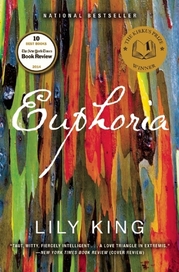
Nell and her husband Fen – malarial, injured and dejected after five months with the dreadful Mumbanyo tribe, she in particular despairing at their neglect and mistreatment of babies – are about to return to Australia when Bankson, another anthropologist based on Mead’s third husband, Gregory Bateson, familiar to me through the double-blind theory, persuades them to reconsider.
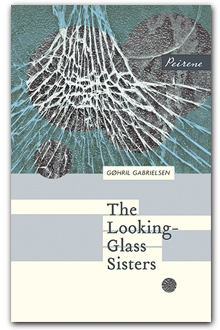
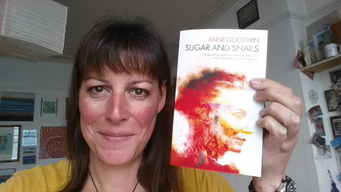
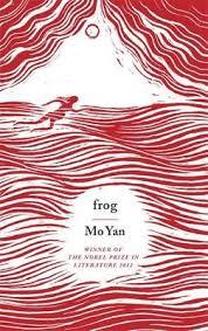

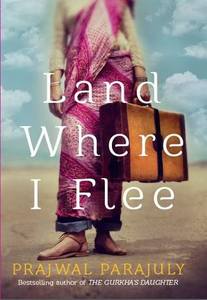

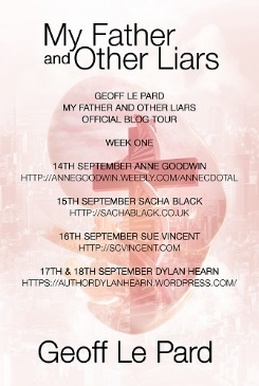

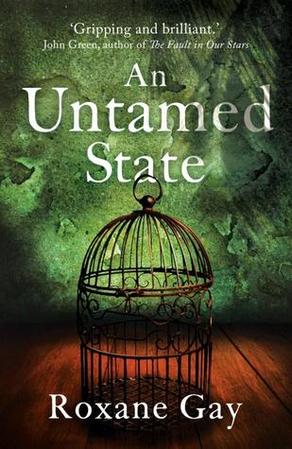
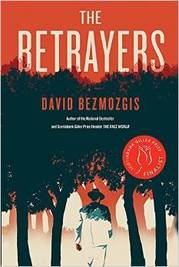
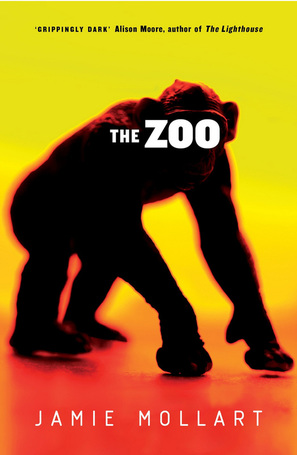






















 RSS Feed
RSS Feed





















